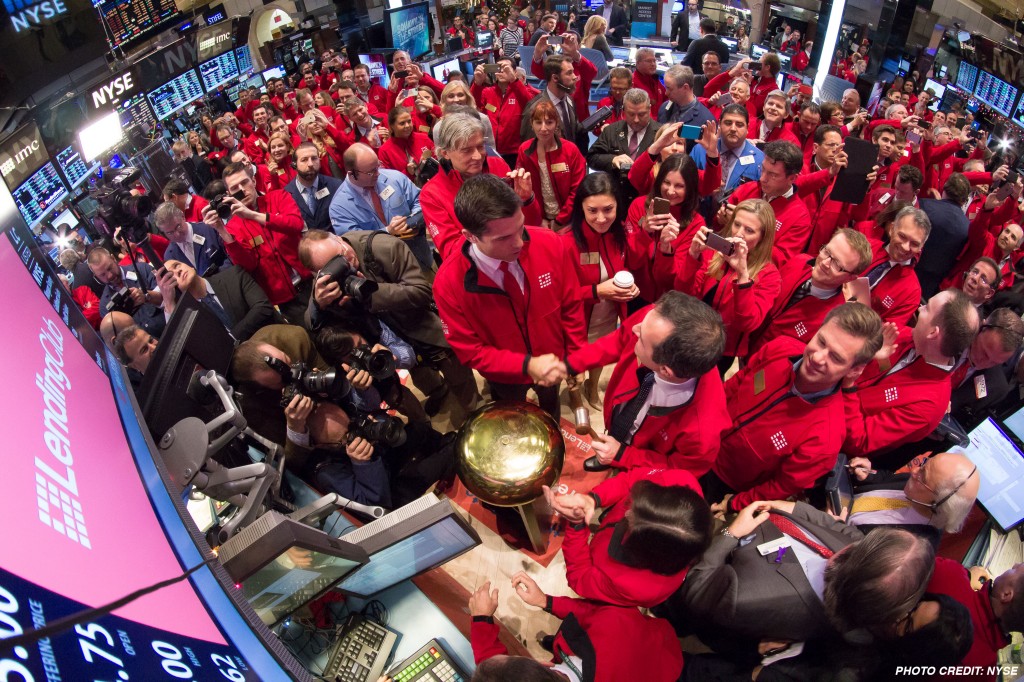Shanda Group Now Owns 15% of Lending Club
 It’s time for that update in the Lending Club saga.
It’s time for that update in the Lending Club saga.
After exiled CEO Renaud Laplanche sold 1.2 million shares worth $5.3 million, in the company he founded, Chinese billionaire Tianqiao Chen raised his stake in the company to 15 percent from 11 percent.
Chen’s company Shanda Group had upped its stake to 11 percent last month, making it the lender’s largest shareholder without an active management role.
Last week (June 8th) Renaud Laplanche was said to be in talks with banks and hedge funds to take the company private while the beleaguered lender was in negotiations with three hedge funds – Och-Ziff Capital Management, Soros Fund Management and Third Point to fund potentially $5 billion in loans and earn rights to own equity.
Prior to that, the San Francisco-based company had postponed its annual shareholder meeting from June 7th to June 28th and raised interest rates by 55 basis points while reducing the debt to income criteria by 12 percent.
“Given the developments of the last few weeks, the company is not yet in a position to provide its stockholders a complete report on the state of the company,” the company wrote in a SEC filing.
Below is a timeline of what 2016 has been like for Lending Club.
May
On May 9th, CEO Renaud Laplanche resigned after the board found that the company had sold an investor loans worth $22 million which violated terms given by the investor.
Three days later, on May 12th, a consortium of 200 community bank suspended their purchases of Lending Club loans.
On May 17th, Lending Club was subpoenaed by the Justice Department.
On May 23rd, the company revealed that a group led by Chinese billionaire Chen Tianqiao had upped its stake in Lending Club to 11.7%, giving it significant influence in the company.
On May 24th, the US Solicitor General published a legal brief that argued that the US Court of Appeals for the Second Circuit erred in its ruling on Madden v Midland, reducing the odds that the US Supreme Court will hear the case, and diminishing the potential negative impact that the ruling could have on Lending Club’s business model.
On May 25th, the WSJ reported that a fund Lending Club controls had strayed from its intended parameters and bought riskier loans than it had intended.
April
Ironically, in April, Lending Club along with Funding Circle and Prosper had joined forces to create a collaborative non-profit body, i.e. a trade association to promote transparency in lending.
In a SEC filing on Thursday (April 21), Lending Club notified the bureau that it will increase interest rates by 23 basis points in grades D-G and also updated its loss projections.
Later that month, the firm was in talks with Goldman Sachs and Jefferies Group to put together its first big bond offering backed by unsecured loans.
March
Lending Club filed its revised Loan Receivables and Sale Agreement and Marketing Agreement with WebBank as part of its 8-K filing on March 2nd. This revision was made to give WebBank more of a stake in the risk of each loan.
On March 8th, in an interview with Bloomberg, Renaud Laplanche said that he sees no credit deterioration and justified the rate hikes done in February as a means to cover losses should the economy slow down.
On March 22nd, the lender said that it was shifting its focus back to retail investors and invest in technology to serve them better, going back to its marketplace roots and reducing its dependence on Wall Street hedge funds and banks.
February
In February, perhaps taking cues from the Madden vs Midland case, Lending Club announced that it had changed its fee model with WebBank and also raised rates it charged to borrowers.
Completing a year since IPO, the company swung to a profit of $4.6 million, its second quarterly profit.
Earlier in February, JP Morgan acquired Lending Club loans worth $1 billion for a premium, in which borrowers had a 700 FICO score on average. This was a month after Santander sold Lending Club loans worth $1 billion in January.
Last modified: April 20, 2019






























